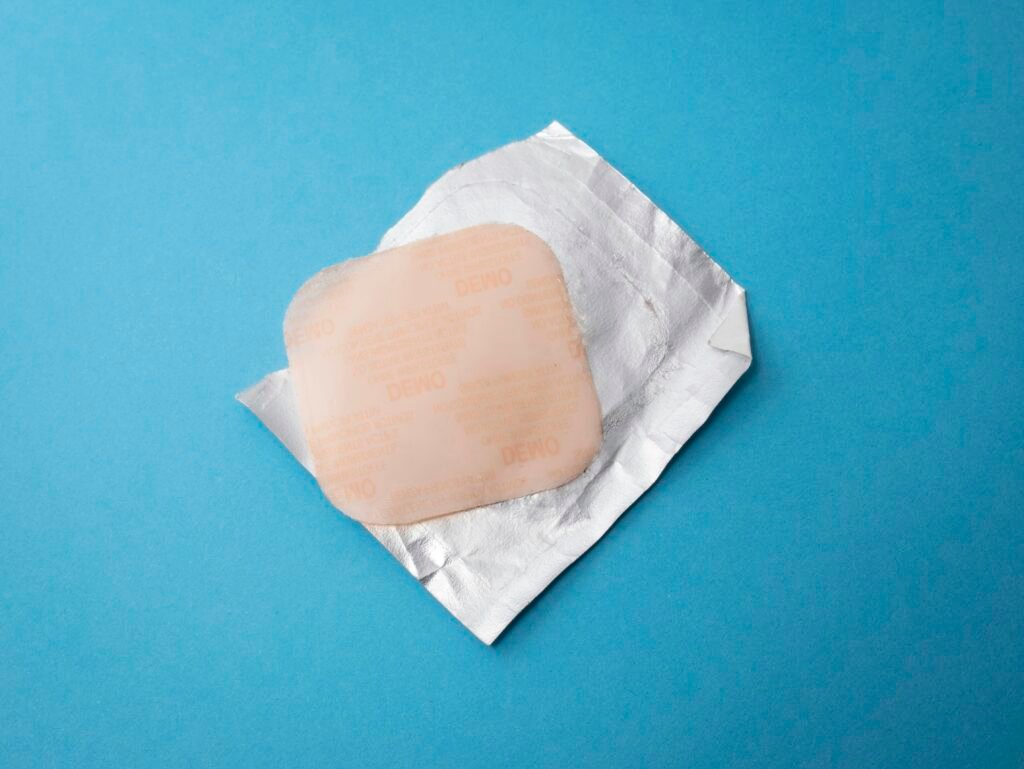How To Naturally Boost Testosterone Levels
Have you been feeling fatigued, irritable, or experiencing a decrease in muscle mass? It could be a sign of low testosterone levels. In this article, we will explore effective and natural ways you can boost your testosterone levels to improve your overall health and well-being.
What is Testosterone?
Testosterone is a hormone that plays a crucial role in the development of male reproductive tissues such as testes and prostate. It also promotes secondary sexual characteristics such as increased muscle and bone mass, and the growth of body hair. Testosterone is also found in smaller amounts in women and is produced in the ovaries.
The Importance of Healthy Testosterone Levels
Maintaining optimal testosterone levels is essential for overall health. Testosterone affects everything from mood, energy levels, muscle mass, bone density, and libido. Low testosterone levels can lead to a variety of symptoms like fatigue, depression, decreased muscle mass, and decreased sex drive.

Factors that Affect Testosterone Levels
There are several factors that can influence testosterone levels in the body. Some of the most common factors include:
- Age – Testosterone levels naturally decline as men age, typically starting in their 30s.
- Diet – A diet high in processed foods, sugar, and unhealthy fats can lead to lower testosterone levels.
- Exercise – Regular physical activity, especially strength training, can help boost testosterone levels.
- Sleep – Lack of quality sleep can negatively impact testosterone production.
- Stress – Chronic stress can lead to elevated cortisol levels, which can interfere with testosterone production.
Diet and Nutrition
Foods that Support Testosterone Production
Eating a balanced diet rich in certain nutrients can help support healthy testosterone levels. Some foods that can promote testosterone production include:
| Foods | Benefits |
|---|---|
| Spinach | Rich in magnesium, a mineral crucial for testosterone production |
| Eggs | High in vitamin D, a nutrient linked to testosterone levels |
| Almonds | Packed with healthy fats and vitamin E, both of which are important for hormone production |
| Tuna | Contains vitamin D and omega-3 fatty acids, which can boost testosterone levels |
| Ginger | Shown to increase testosterone levels and improve sperm quality |
Foods to Avoid
On the other hand, certain foods can have a negative impact on testosterone levels. It’s best to limit or avoid the following:
- Processed foods
- Sugar and sugary beverages
- Soy products
- High-fat dairy products

Exercise and Physical Activity
Regular exercise is crucial for maintaining healthy testosterone levels. In particular, strength training exercises like weightlifting have been shown to increase testosterone production. Aim for at least 30 minutes of moderate to high-intensity exercise most days of the week.
Strength Training Tips
To maximize the testosterone-boosting effects of your workouts, consider incorporating the following tips:
- Focus on compound exercises like squats, deadlifts, and bench presses.
- Lift heavy weights with low repetitions.
- Rest for proper recovery between sets.

The Importance of Cardio
While strength training is important for testosterone production, cardiovascular exercise also plays a role. Aim for at least 150 minutes of moderate-intensity cardio per week to maintain overall heart health and support testosterone levels.
Lifestyle Changes
In addition to diet and exercise, there are several lifestyle changes you can make to naturally boost your testosterone levels.
Get Quality Sleep
Ensure you are getting at least 7-9 hours of quality sleep each night. Lack of sleep can disrupt hormone production, including testosterone.
Manage Stress
Stress can have a significant impact on testosterone levels. Incorporate stress-relieving activities into your daily routine such as meditation, yoga, or spending time outdoors.
Maintain a Healthy Weight
Being overweight or obese can contribute to lower testosterone levels. Focus on maintaining a healthy weight through a balanced diet and regular exercise.

Supplements
While it’s best to get nutrients from whole foods, certain supplements can help support healthy testosterone levels. Here are a few supplements to consider:
- Vitamin D – Especially important for individuals with low vitamin D levels.
- Zinc – A mineral crucial for testosterone production.
- D-Aspartic Acid – Shown to increase testosterone levels in some studies.
- Ashwagandha – An adaptogen herb that may help reduce stress and support testosterone production.
Conclusion
By implementing a combination of healthy diet, regular exercise, stress management, and supplements, you can naturally boost your testosterone levels and improve your overall health and well-being. Remember, it’s essential to consult with a healthcare provider before making any significant changes to your lifestyle or starting a new supplement regimen. Take charge of your health and start boosting your testosterone levels today!
